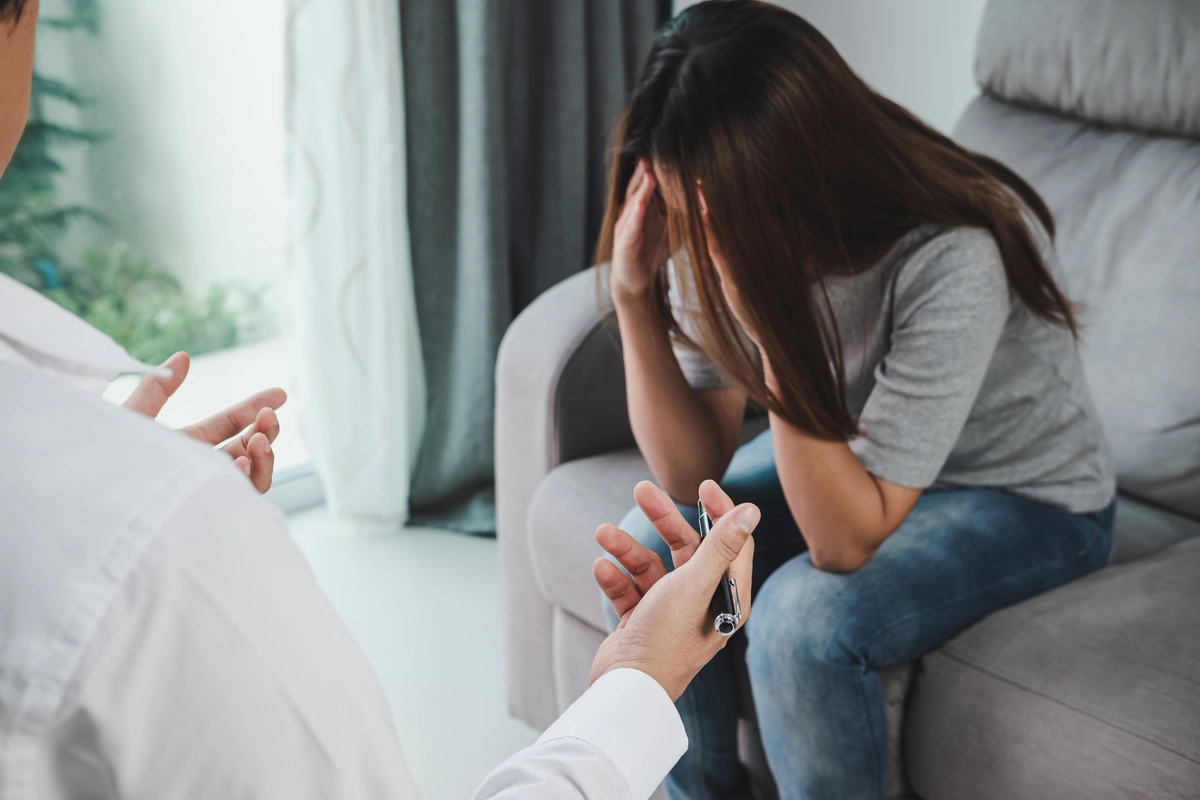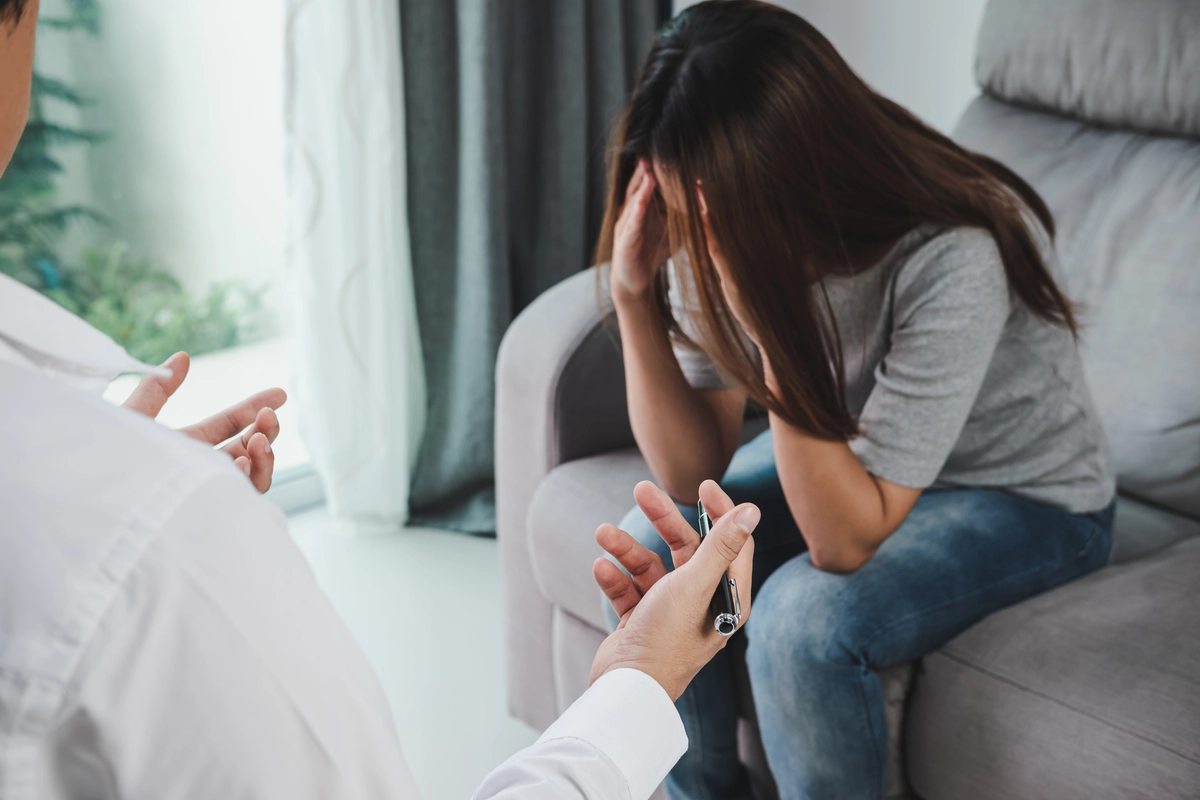24/7 Helpline:
(866) 899-221924/7 Helpline:
(866) 899-2219
Learn more about Dual Diagnosis Rehab centers in Flowery Branch
Dual Diagnosis Rehab in Other Cities

Other Insurance Options

Absolute Total Care
Beacon

MVP Healthcare

Aetna

Health Net

Sliding scale payment assistance

Ceridian

Molina Healthcare

Horizon Healthcare Service

Optum

PHCS Network

Anthem

Excellus

UnitedHealth Group

MHNNet Behavioral Health

Covered California

Magellan

ComPsych

GEHA

WellCare Health Plans















Faith Based Addiction Recovery
Faith Based Addiction Recovery is a private rehab located in Flowery Branch, Georgia. Faith Based Ad...





